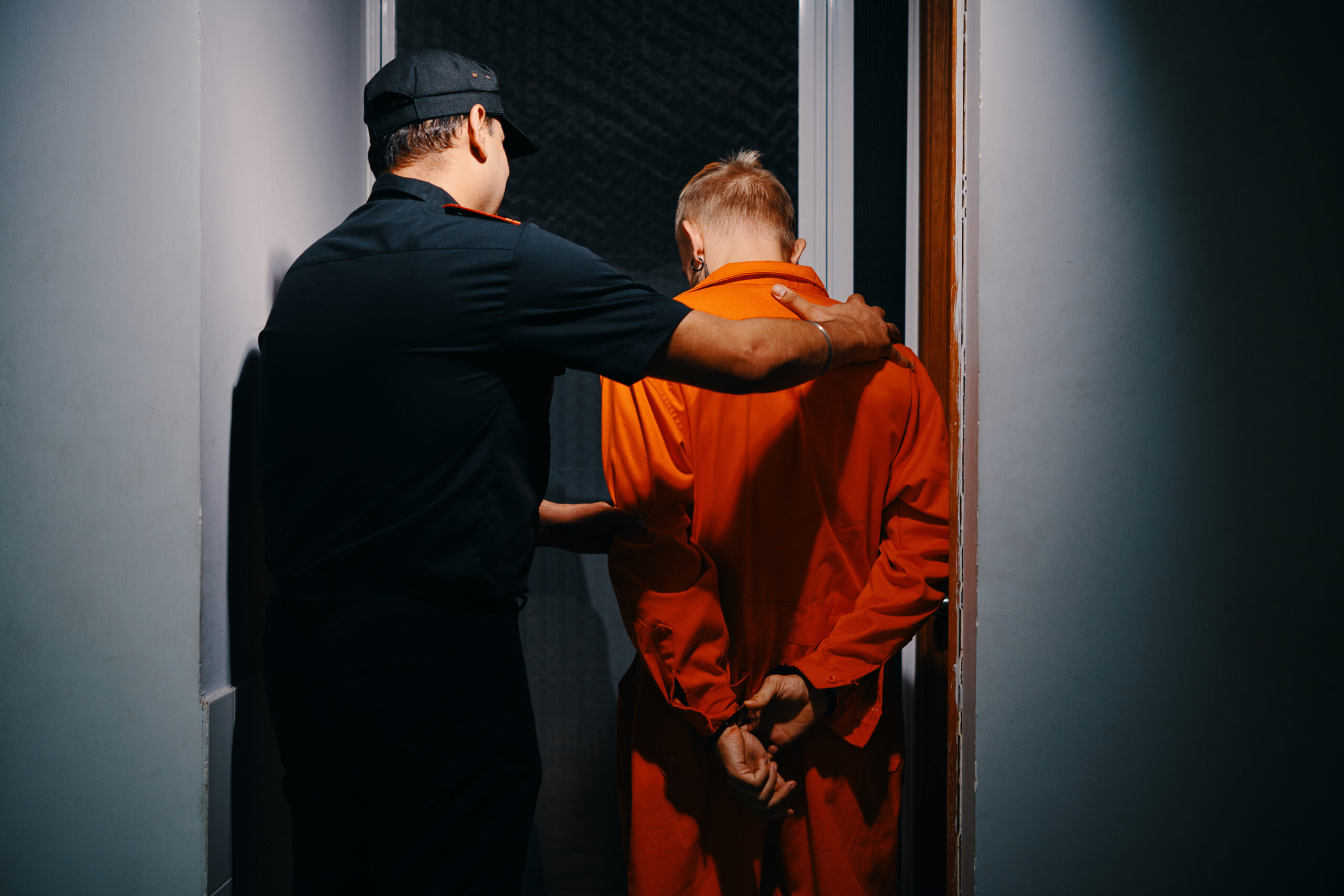Facing a juvenile offense can be an overwhelming experience for both the accused young person and their family. The juvenile justice system is intended to emphasize rehabilitation over punishment; however, it is not without challenges and potential long-term consequences for minors involved. At BFP Law Firm, we understand the unique complexities of working with juveniles and their families to navigate the legal process and secure the best possible outcome.
In this blog post, we will discuss the foundations of the juvenile justice system, the legal procedures for handling juvenile offenses, and the critical factors to consider when selecting an attorney to represent a minor. Our focus is on providing high-quality, compassionate representation for young clients, ensuring that their rights are defended and their voices are heard throughout the legal process.
The Juvenile Justice System: A Distinct Approach
The juvenile justice system operates separately from the adult criminal justice system, emphasizing rehabilitation and support for young offenders rather than harsh punishment. Some key distinctions of juvenile proceedings include:
- Confidentiality: Juvenile records are generally kept confidential and have the potential for expungement in certain cases, protecting a young person’s future opportunities.
- Informality: Juvenile court proceedings are less formal than adult criminal proceedings to facilitate a more understandable and less intimidating process for minors.
- Disposition: In place of sentencing, juvenile courts focus on dispositions that emphasize rehabilitation, such as counseling, community service, or educational programs.
- Detention: Minors may be detained in specialized facilities or released to their parents or guardians, rather than being jailed with adult offenders.
Navigating the Legal Process for Juvenile Offenses
The juvenile court process typically consists of several stages, including:
- Intake: Following an arrest, a probation officer or prosecutor will review the case and decide whether to let the minor go, place them under informal supervision, or petition for a formal court hearing.
- Adjudication: A judge reviews the evidence and makes a determination regarding the accused minor’s responsibility, referred to as an “admitted” or “denied” petition rather than a guilty or not guilty verdict.
- Disposition: If the minor is found responsible, the court designs a disposition plan focused on rehabilitation and addressing the underlying issues contributing to their behavior.
- Review and Monitoring: The court will review the minor’s progress and adjust the disposition plan as needed, eventually closing the case when the terms have been fulfilled or the minor reaches the age of majority.
Selecting the Right Attorney for a Juvenile Offense
Securing experienced legal representation is paramount when facing a juvenile offense. Here are essential factors to consider when choosing an attorney to represent a minor:
- Specialization: Seek an attorney experienced in handling juvenile cases, as they will have a comprehensive understanding of the unique laws and procedures applicable to minors.
- Communication: A skilled attorney should maintain open communication with both the minor and their family throughout the process, explaining the situation and possible outcomes in understandable terms.
- Compassion: Find an attorney who demonstrates empathy for the minor’s situation and supports their growth and rehabilitation.
- Reputation: Look for an attorney with a proven track record of successfully advocating for juvenile clients and achieving favorable outcomes.
Potential Long-Term Consequences of Juvenile Offenses
Despite the focus on rehabilitation, juveniles can still face significant consequences, both immediate and long-term:
- Educational Impact: Disciplinary actions or court requirements may disrupt a minor’s education, potentially affecting their future opportunities.
- Employment Prospects: Some employers may hesitate to hire an individual with a juvenile record, even if expunged, potentially limiting a young person’s career growth.
- Social Consequences: Stigmatization and strained relationships can result from a juvenile offense, making reintegration into the community challenging.
- Legal Ramifications: Serious offenses or repeat behavior may lead to adult criminal charges, creating more severe consequences.
Conclusion
Navigating the complexities of the juvenile justice system requires an understanding of the legal process, the potential long-term impacts on a young person’s life, and the importance of skilled legal representation. When facing a juvenile offense, enlisting an experienced attorney well-versed in juvenile laws and procedures can make a significant difference in securing a favorable outcome and safeguarding a minor’s future.
At BFP Law Firm, we understand the unique challenges associated with representing minors in the juvenile justice system. Our compassionate and dedicated approach ensures that every young client has an advocate who champions their rights and champions their growth and rehabilitation. Trust in our expertise and commitment to provide the exceptional legal representation necessary to navigate the legal process and achieve the best possible outcome for your family.






